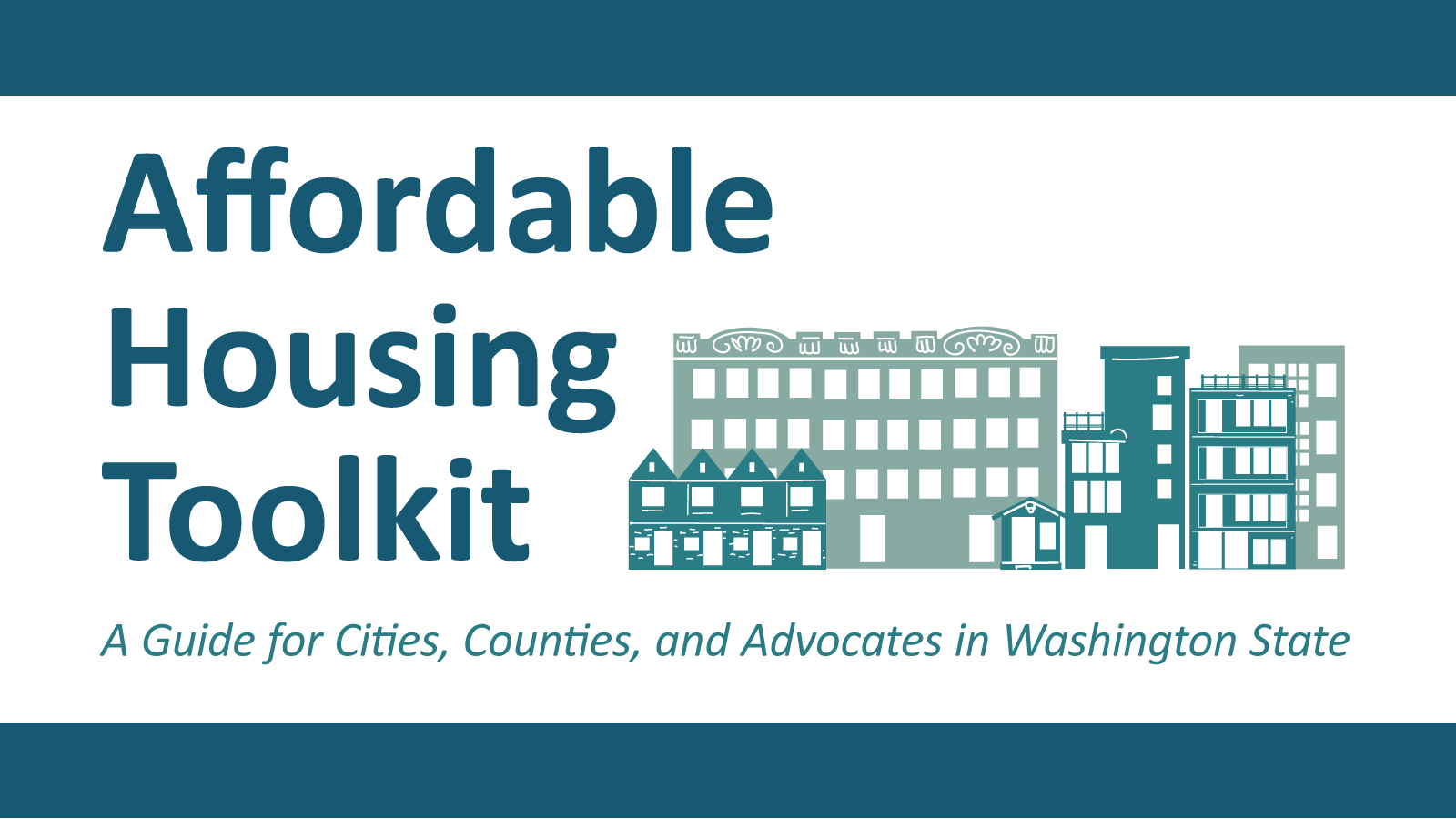Toolkit for Affordable Housing Development
The document titled “Toolkit for Affordable Housing Development” serves as a comprehensive guide designed to assist stakeholders in the affordable housing sector, including developers, policymakers, and community organizations. It outlines strategies, best practices, and resources necessary to promote the development of affordable housing in various contexts.
Overview of Affordable Housing
Definition and Importance
Affordable housing is defined as housing that is accessible to individuals and families without compromising their ability to meet other essential needs. The toolkit emphasizes that affordable housing is crucial for fostering equitable communities, promoting economic stability, and ensuring that all residents have access to safe and decent living conditions.
Key Components of the Toolkit
1. Planning and Zoning Strategies
The toolkit highlights the importance of effective planning and zoning policies in facilitating housing affordability development. It encourages local governments to adopt flexible zoning laws that allow for diverse housing types, such as multi-family units and accessory dwelling units. By doing so, communities can increase the supply of affordable homes and accommodate a wider range of income levels.
2. Financing Options
Access to financing is a critical factor in housing affordability development. The toolkit outlines various funding sources available to developers, including:
- Public Funding: Government grants and subsidies can help offset development costs.
- Private Investment: Engaging private investors through tax credits or partnerships can provide additional capital.
- Innovative Financing Models: Strategies such as social impact bonds or community land trusts can create sustainable funding mechanisms for housing affordability projects.
3. Community Engagement
Engaging with the community is vital for successful housing affordability initiatives. The toolkit stresses the need for developers to involve local residents in the planning process to ensure that developments meet their needs and preferences. This engagement fosters trust and support within the community, which is essential for overcoming potential opposition to new housing projects.
4. Regulatory Incentives
The document discusses various regulatory incentives that can encourage developers to include affordable units in their projects. These incentives may include:
- Density Bonuses: Allowing developers to build more units than typically permitted in exchange for including affordable housing.
- Streamlined Permitting Processes: Simplifying the approval process for projects that meet affordability criteria can accelerate development timelines.
Case Studies
The toolkit includes several case studies showcasing successful housing affordability projects across different regions. These examples illustrate how various strategies have been implemented effectively, providing valuable lessons for stakeholders looking to replicate similar successes in their communities.
Challenges and Solutions
While the toolkit provides numerous strategies for promoting housing affordability, it also acknowledges several challenges:
- Market Constraints: Rising construction costs and land prices can hinder the feasibility of affordable projects.
- Political Resistance: Local opposition to new developments can stall or derail projects aimed at increasing affordable housing supply.
To address these challenges, the toolkit recommends proactive measures such as:
- Building Coalitions: Forming alliances among stakeholders—including government agencies, non-profits, and community groups—can strengthen advocacy efforts for affordable housing.
- Data-Driven Decision-Making: Utilizing data on housing needs and market conditions can help inform policies and strategies that effectively address affordability issues.
Conclusion
The “Toolkit for Affordable Housing Development” serves as an essential resource for those involved in the creation of affordable housing solutions. By providing a comprehensive overview of planning strategies, financing options, community engagement practices, and regulatory incentives, the toolkit equips stakeholders with the knowledge necessary to navigate the complexities of housing affordability development effectively. Ultimately, fostering a collaborative approach among developers, policymakers, and community members is crucial for addressing the pressing need for housing affordability. By leveraging the insights and strategies outlined in this toolkit, communities can work towards creating inclusive environments where all residents have access to safe and affordable homes.

Further reading:
Increasing the Supply of New Affordable Housing Toolkit – HUD Exchange
[PDF] Affordable Housing Developer Toolkit housing.sa.gov
